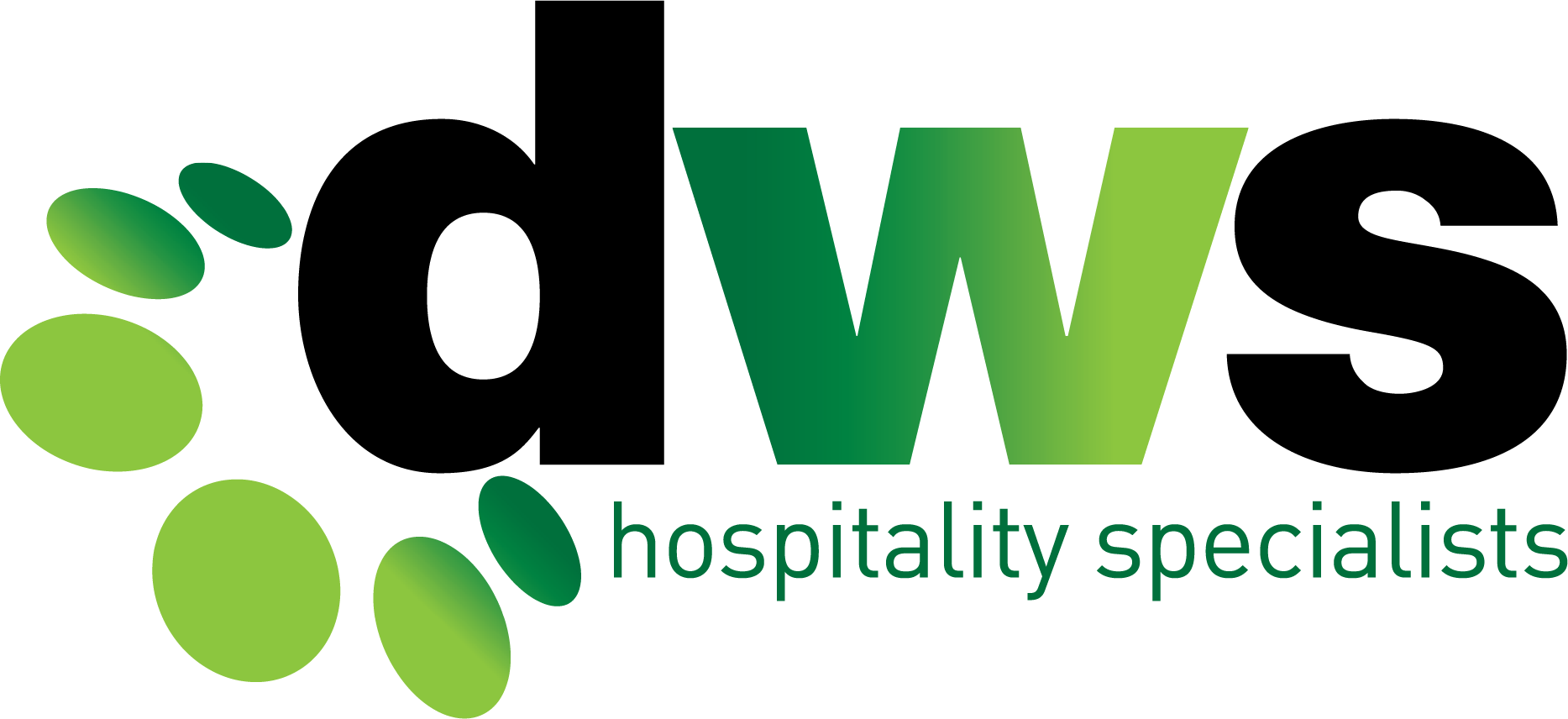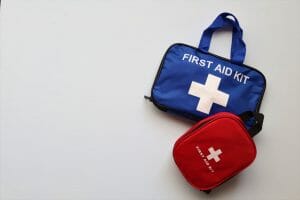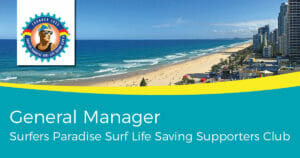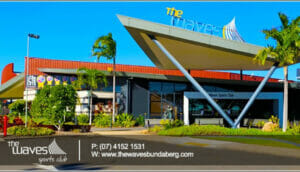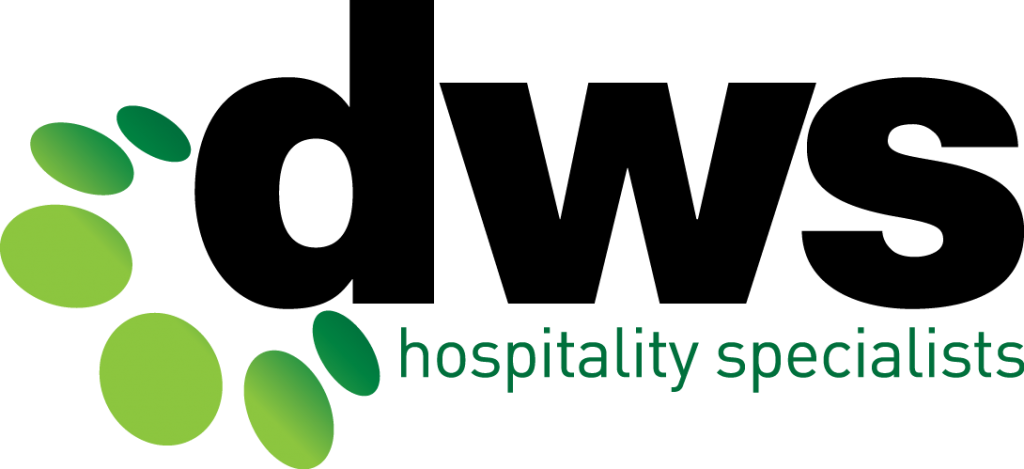NOTE: This is an emerging, rapidly evolving situation and updates will be provided as information on the virus becomes clearer. All information will be derived from official Government sources. It is very important to keep to the facts provided by official organisations such as the World Health Organisation and the Australian Department of Health.
PERSONAL PREVENTION STRATEGIES
Taking personal responsibility for your own health is vital in keeping you as protected as possible from the virus (as well as ‘normal’ colds and flu).
Limit contact with people that you know have been travelling through China or any other risk declared country until the risk period has passed. If you need to catch up with them, use technology to say hi.
If YOU have travelled overseas recently, be proactive in communicating when and where you travelled to anyone you may have close contact with, including your employer. Avoid anyone with a potentially compromised immune system, including elderly people and infants.
Preventing the virus from entering your system is the best way to not be affected by the virus. The virus has to enter your body through your eyes, nose or mouth. If you keep your hands away from these areas, you are effectively preventing the passage of the germs into your lungs.
HAND HYGIENE
Wash your hands often and well with soap. Dry your hands well – germs love damp skin. Use hand sanitiser. DO NOT touch your face with your hands, particularly your
mouth and nose. This is potentially introducing the virus straight into your system.
IF YOU HAVE A COLD
Employ the strictest of hygiene controls if you are coughing and sneezing. Cover your mouth and nose and use tissues. Stay home and limit your contact with others if you are ill to prevent the spread of the illness. If you can work from home, enjoy the lack of commuting and the opportunity to stay in your PJ’s until you are better.
USE OF MASKS
Masks are generally to be used by medical practitioners, treating suspected or confirmed cases. They are generally not effective as the mask relies on human behaviour, you need to touch your face to put it on and take it off and needs to be used in conjunction with strict hand hygiene protocols. If you have any facial hair, particularly beards, a mask will not be effective. This is the same for any airborne contaminant such as silica or asbestos fibres.
Have you got a pandemic plan in place or another call to action?
Consider the following:
1. Have you communicated and consulted with your employees over the COVID-19 situation?
2. Do you have a plan in place if up to 40% of your workforce can’t attend work due to a pandemic?
3. Have you communicated with your customers about the prevention controls in place in your venue?
4. Have you considered what to do if you can’t get supplies through your normal supply chains?
All these questions and many more are asked when preparing a Business Contingency / Pandemic Plan. Are you ready?
If you have concerns about potential risks to your staff and customers or require assistance in putting together a pandemic / business continuity plan, please call Michelle on 0401 014 619 or email michelle@dws.net.au to discuss risk management strategies specific to your situation.
Download the full Fact Sheet here.

